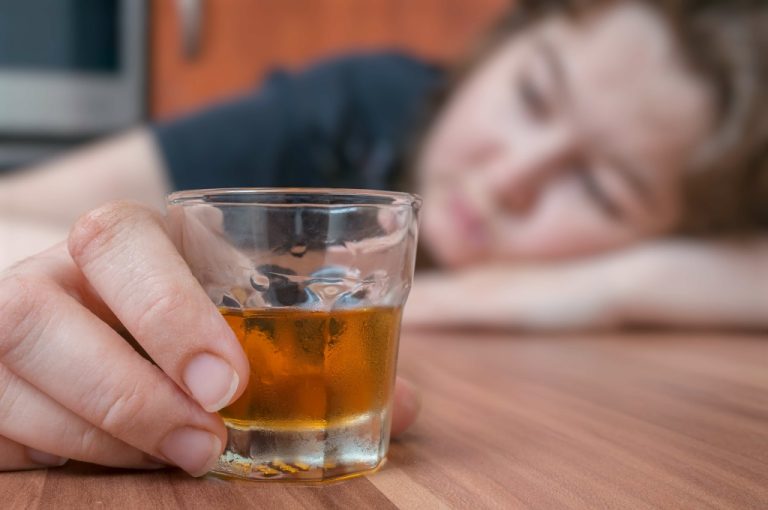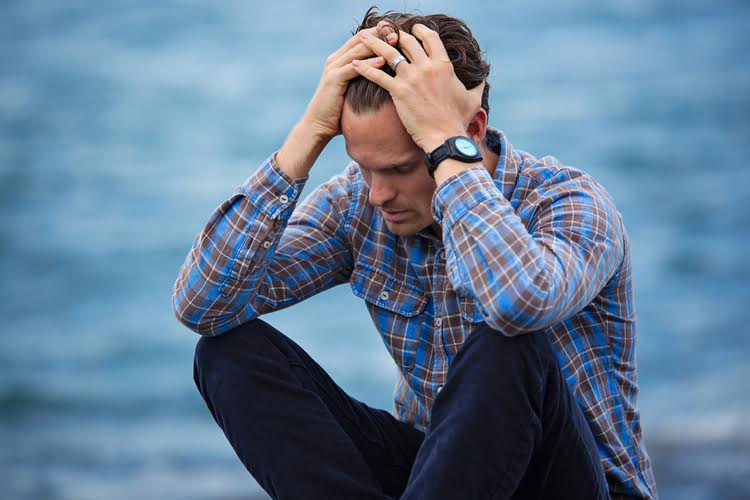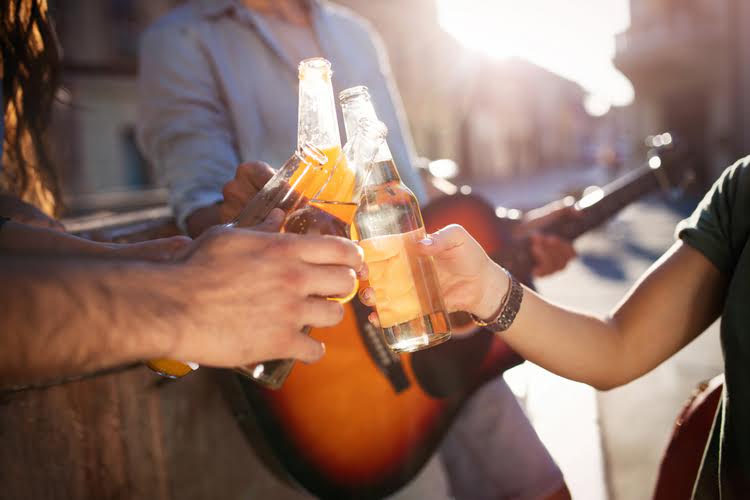A 2014 survey of 692 students, 95 of whom had migraine, found that those with migraine were more likely to experience migraine-like symptoms during a hangover. Although genetic factors influence the risk of having migraine, environmental triggers can cause episodes or increase their frequency. It’s unclear why alcohol may trigger migraine, but red wine and liquor may be more likely to do so because of the chemical compounds they contain. “Someone may feel a slight relief from a migraine attack after drinking due to the sedative effects alcohol has, but this is only for a short amount of time and will not last,” said neuropsychologist Sanam Hafeez, PhD. You may enjoy drinking a glass of wine to help you unwind after a stressful day, or you may want to sip some vino during a celebratory night out.
Ria Health’s online program can help you cut back or quit without having to put your life on hold. Get access to anti-craving medications, regular coaching meetings, expert medical advice, digital tools, and more—all from an app on your smartphone. Different types of alcohol are made through a fermentation process. Alcohols like gin and vodka are fermented first from a mash of foods that contain starch and sugar.
Drinking without fear
It has been suggested that a tendency to experience alcohol-induced headaches could be genetic. Migraines in general have been linked to variations in genes, especially those that regulate blood flow to the brain. Substances such as sulfites, histamine, and tyramines are migraines and alcohol found in alcohol and may contribute to headaches as well. It has also been proposed that alcohol triggers an inflammatory response that can lead to a headache. Often, alcohol-induced headaches also have characteristics that resemble your usual headaches, such as migraines, because alcohol is a trigger for these chronic headache conditions. While migraine is a common disease that affects 39 million Americans, no two migraine experiences are the same.
Why do I get a headache when I drink alcohol?

Many medications interact with alcohol, and furthermore, because of the tenant “First, do no harm,” it is hard to justify using medications so that people can consume alcohol when most medications have adverse effects. Are you tired of waking up with a throbbing headache or a migraine attack after a night of drinking? Even people who are not prone to headaches can find themselves with hangover headaches, and about one-third of patients with migraine note alcohol as a trigger for their attacks. Another type of attack is called the delayed alcohol induced headache and will usually appear the next day.
Alcohol and congener content
Typically, a “red wine headache” can occur within 30 minutes to three hours after drinking as little as a small glass of wine. When comparing hangover-proneness using the HSS between migraine sufferers and nonsufferers, it seems that migraine sufferers had a higher tendency to suffer from hangover on the first occasions they have consumed alcohol. This tendency attenuated through the years, and during the last year they have a similar tendency as compared with nonmigraine sufferers. Nevertheless, the tendency was higher to develop migraine-like symptoms of the hangover. If alcohol gives you headaches, there are steps you can take to https://grap.com.pe/can-you-drink-after-blood-work-clear-quick-facts/ prevent them. Drink water with your alcohol to help prevent dehydration, one of the main causes of alcohol migraine triggers.
- Neurologist and headache expert Dr. Belinda Savage-Edwards explains that migraine attacks can occur with little alcohol.
- Unlike a hangover headache, cocktail headaches can be caused by even small amounts of alcohol.
- However, prospective studies limit considerably the importance of alcohol as a trigger.
Clear liquors (gin, vodka and clear tequila) were found to be tolerated best. Sulphites have not been shown convincingly to lead to headache in individuals with sulphite sensitivity. Sulphites are considered to be the cause of red wine intolerance, particularly asthma 51.

We know that if we treat the underlying cause, we can make great strides in helping migraine patients live pain-free. Migraine is complex, and other neurological conditions may cause migraine-like symptoms. For this reason, it is important to see a doctor about migraine symptoms or chronic headaches, with or without drinking.
- Generally, these clear alcohols are highly distilled and have almost no leftover congeners from the beginning fermentation process.
- Drinking plenty of water will help to prevent a hangover and will also help to keep your migraine attacks at bay.
- Things like stress, lack of sleep (too much sleep as well), hormones and weather can play a huge part of triggering an attack.
In fact, one Dutch study found that 25% of people who suffered from migraines had stopped drinking because it was either an actual or potential trigger. People who have frequent migraine attacks may wish to consider migraine prevention medications such as topiramate (Topamax), divalproex (Depakote), propranolol (Inderal), or CGRP inhibitors. Preventing migraine begins with identifying and reducing or eliminating common migraine triggers such as alcohol, dehydration, and certain foods.

Alcohol-induced headaches: Evidence for a central mechanism?
Certain genes may influence the tendency to drink and alcohol tolerance to quantities of alcohol. While there is some research on the reasons alcohol causes headaches, study authors have not definitively proven the link between the two. Once it gets into your system, it is converted into a chemical that triggers migraine. Waterhouse said levels of this flavanol can vary dramatically in red wine. Perhaps inflammatory mechanisms and the known vasodilatatoric effect of alcohol are the link between hangover and migraine. Participants were asked about cigarette smoking and marijuana smoking habits.
If you develop a cocktail headache, stop drinking alcohol and go somewhere you can rest comfortably. Drink Halfway house lots of water to rehydrate your body and help flush the alcohol from your system. Hangovers occur when the alcohol levels in your blood drop significantly—frequently the morning after you drink. Hangovers can affect pretty much anyone who has had too much to drink. Migraine Again follows strict sourcing guidelines to ensure the accuracy of its content, outlined in our editorial policy. We use only trustworthy sources, including peer-reviewed studies, board-certified medical experts, patients with lived experience, and information from top institutions.

Najnowsze komentarze